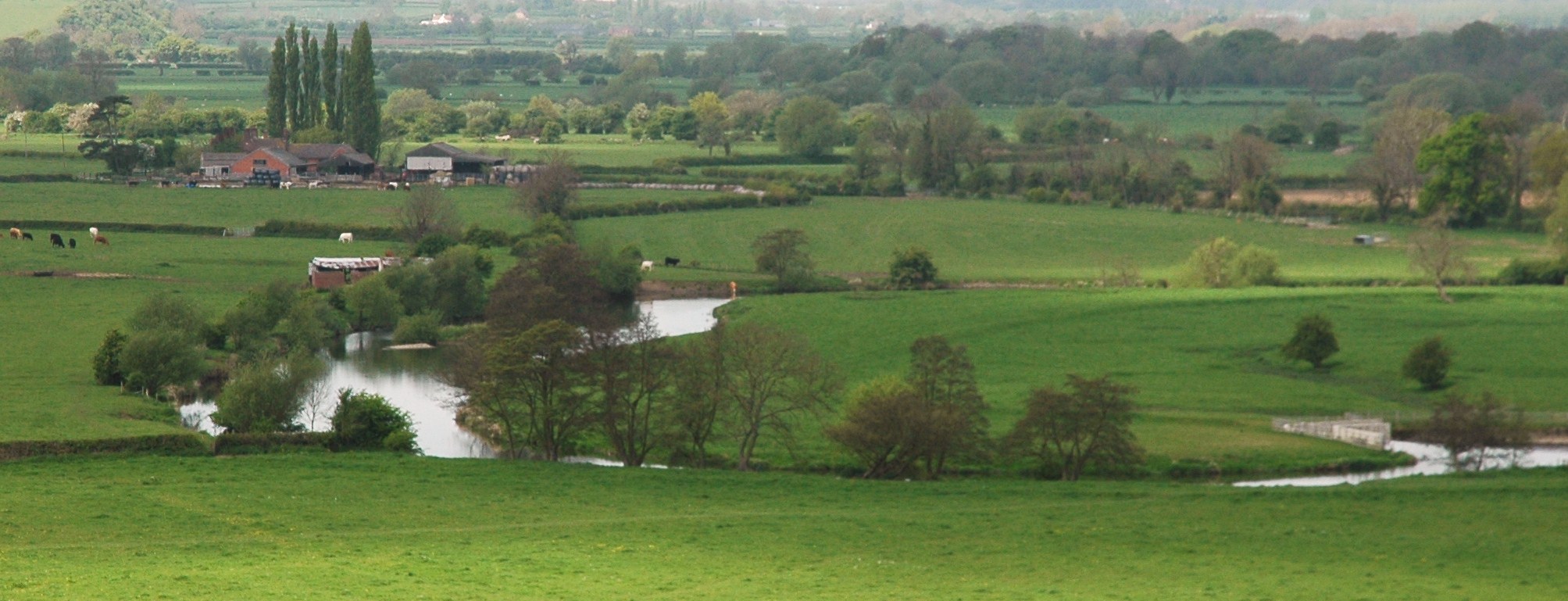2Mbps Universal Service Obligation by 2012.
This is the minimum that people need to get into the game. In the report the government recognizes that whilst much of the country will shortly be getting access to faster broadband (aka BT 40Mbps Fibre To The Cabinet or 50Mbps Virgin cable) a significant chunk won’t, which will exacerbate the Digital Divide.
The Government is therefore looking to promote/fund the extension of this Next Generation Access network into these “excluded” areas. I have been saying that 2Mbps is not enough and it is good that the Government clearly recognizes this.
The funding for the rural Next Gen broadband access is likely to come from a complex variety of sources. It includes a new tax levied of 50 pence on every copper phone line. I assume it includes Virgin cable connections to keep the playing field level. This will have to be passed on to customers so the immediate effect is a rise in the cost of broadband. It will also add to the overheads of the ISP which has to collect it.
The funding collected will be available on a competitive tender basis. I would expect the Government to somehow identify specific projects for funding and make the moneys available for competitive bids. Otherwise someone with BT with the massive resources available to put specific projects together would cream all the cash.
Music Piracy
Two things to say here. The Government recognizes that access to legal means of downloading music needs to improve which reinforces what the ISP industry has been saying (note the many blog posts on this subject).
Secondly the Government also wants a more graduated approach to punishing illegal downloaders. The three strikes and you are out approach has been replaced much to everyone’s relief.
We now appear to be looking at a scenario whereby the ISP would send a letter to the end user informing them that they have been identified as offenders. The next step would be to throttle the bandwidth available to users indulging in this activity or block P2P. The final resort would be legal action.
A cautionary note here. Most ISPs cannot easily block P2P. Only those big consumer players typically have the kit that can do it. Are we looking at the same scenario as the Data Retention Act where the Government only expects an ISP to follow the law only if specifically asked. In this case the ISP would have to be funded to do it.
There is also a fairly significant onus on Ofcom to make all this happen which is going to be an interesting play. I imagine it will take no small level of resource which probably doesn’t currently exist.
All in all I think this is a good report. There were always going to be difficulties with putting together a document with such a wide remit and I’m sure that as we get time to digest it other questions will arise. However Lord Carter should be able to move on to his fresh challenges with a reasonable sense of satisfaction.
